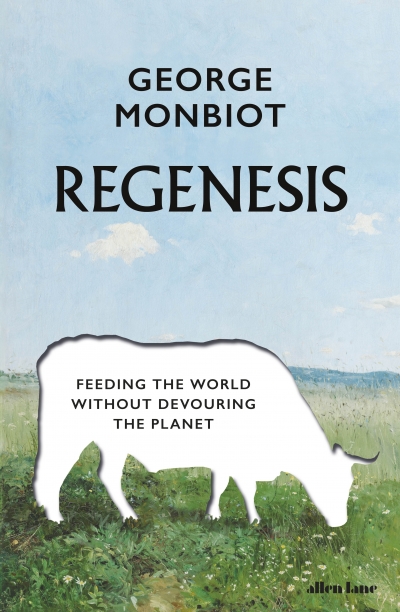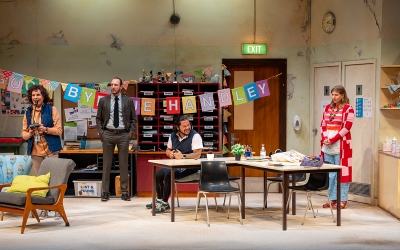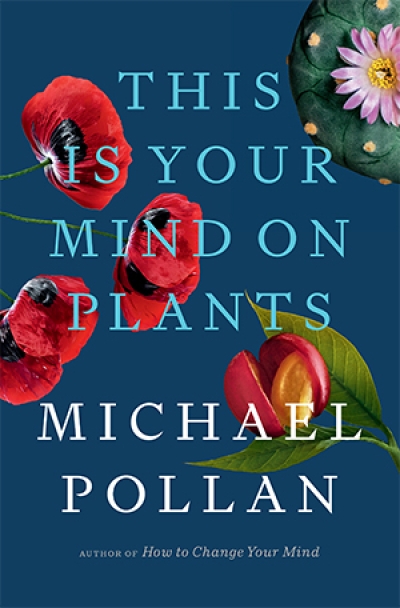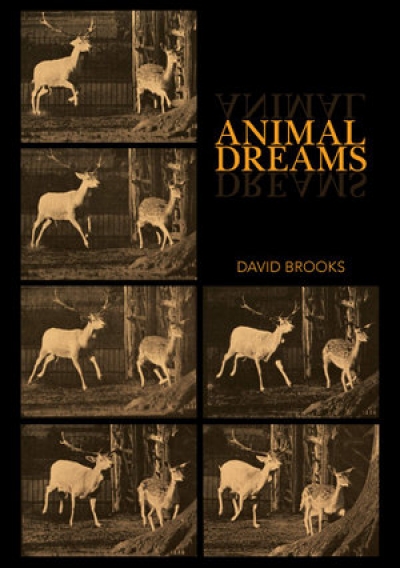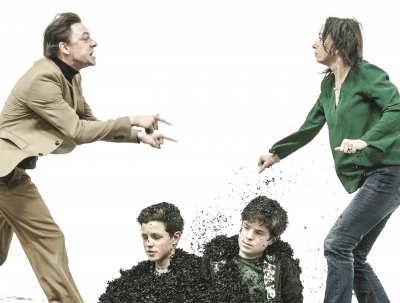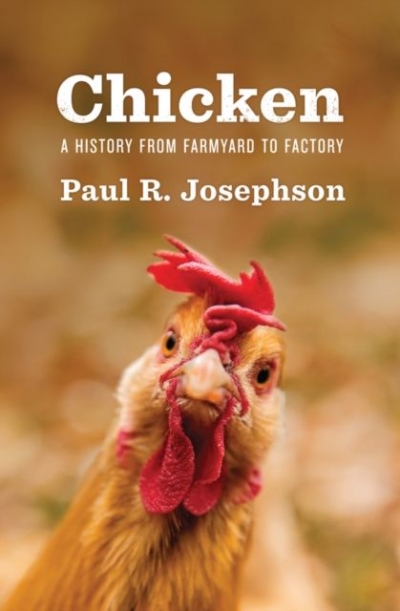Ben Brooker
Every other day there seems to be a news story about the largesse with which public money is dispensed to private schools while the public education system falls further into disrepair and dysfunction. As reported in February 2022 by the Guardian, recent analysis by Save Our Schools shows that between 2009 and 2020 government funding for independent schools increased by $3,338 a student compared with just $703 more per student for public schools.
... (read more)I’ve never cared much for first-person direct address monologues in the theatre. Too often, one feels talked at rather than implicated in the action, the interpersonal dynamics of multi-actor drama shorn away in favour of a kind of speechifying.
British playwright Dennis Kelly’s Girls & Boys – the ampersand seems to be official – is one such monologue. ‘Woman’ (Kelly doesn’t give her a name) is the narrator, a middle-aged PA in the documentary film industry who, having got a ‘drinky, druggy, slaggy phase’ out of her system, marries a handsome antiques dealer she meets at Naples Airport.
... (read more)About fifteen years ago, a group of British playwrights, disheartened by what they saw as a lack of ambition and scale in new plays, started a movement they dubbed ‘monsterism’. Their manifesto called for large-scale work with big casts and ideas in contrast with the two- and four-handed studio theatre plays proliferating in an atmosphere of economic and intellectual austerity. Watching Hibernation, Finegan Kruckemeyer’s new play for State Theatre Company South Australia, I was reminded of the monsterists and their still-relevant demands for a bigger, bolder theatre.
... (read more)In her essay on Akon Guode, the thirty-five-year-old South Sudanese refugee who drowned three of her seven children in April 2015, Helen Garner recalls striking up a conversation with a VCE student about Euripides’ Medea. Garner tells the student, ‘She did a terrible, terrible thing. But she was very badly treated. She was betrayed.’ Before she can go on, the student interrupts her, flushing and leaning forward in her seat. ‘But she was – a mother.’ Garner writes of feeling troubled ‘by the finality of the word “mother”, this great thundering archetype with the power to stop the intellect in its tracks.’
... (read more)There is, somewhat surprisingly, a German connection in the otherwise resoundingly Irish The Boy Who Talked to Dogs, the State Theatre Company of South Australia and Slingsby Theatre Company co-production based on Martin McKenna’s memoir about his hardscrabble childhood in 1970s Garryowen. In both the book and the play, adapted by Irish playwright Amy Conroy, we encounter Martin (Bryan Burroughs) as a deeply troubled youth – the ‘smallest, weakest, and scaredest’ of a set of triplets – growing up with German emigrant parents.
... (read more)Who in their right mind would want to be running an international arts festival right now? Two months ago I was slated to review four Adelaide Festival shows for this publication. Due to Covid-19 travel restrictions, two were subsequently cancelled, including Anna Breckon and Nat Randall’s highly anticipated Set Piece. Co-artistic directors Neil Armfield and Rachel Healy must have been harried during the lead-up to the opening weekend, as national borders continued to snap open and shut like the jaws of a capricious crocodile.
... (read more)
